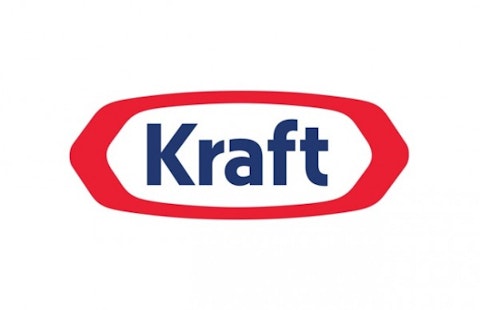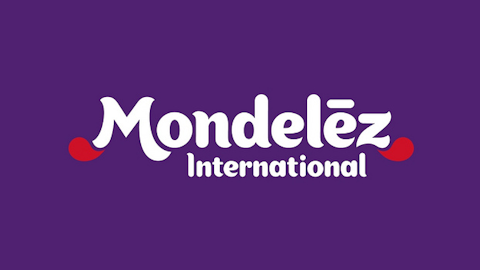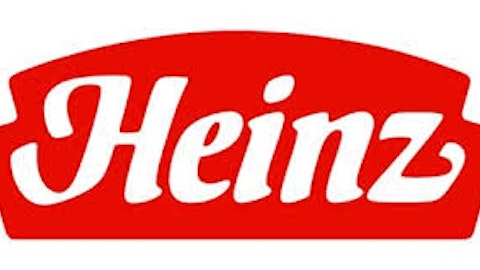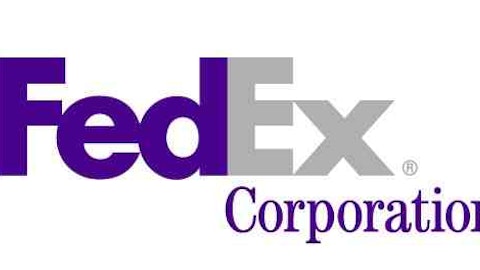Kraft Foods Group Inc (NASDAQ:KRFT) provided investors with a financial update before Friday’s opening bell. Here’s what you need to know about the company’s recent results.
Quick takeaway
The company was formed in the October 2012 breakup of Kraft Foods, when it was spun off from the parent company, which then changed its name to Mondelez International Inc (NASDAQ:MDLZ). Mondelez retained the global snack-food businessincluding Nabisco, Oreo, and Cadbury brands, while Kraft Foods kept the North American grocery portfolio including Velveeta and Oscar Mayer.

Kraft’s revenue is also expected to decline for the fourth quarter. But investors are digesting the news. Kraft’s stock was up slightly following Friday’s news. The company will present its final fourth-quarter and year-end 2012 results at the end of March.
Shoring up
Since the spinoff, Kraft has focused on operating a leaner, more cost-efficient organization. Instead of concentrating only on growth, the company plans to enhance return on invested capital and free cash flow, a critically important move for a big player in a mature market. Before the spinoff, Kraft’s CFO stated, “Cash will be king at Kraft.” In Friday’s call, Kraft CEO Tony Vernon told investors, “We made great strides in productivity, profit, and cash, but we really missed our topline.”
But not all consumer goods companies missed top-line growth last year. For example, Unilever plc (ADR) (NYSE:UL)‘s overall 2012 sales grew nearly 7%, beating forecasts of 6.5%. The company’s personal and home care sectors propelled its growth in 2012, while its food business was the biggest drag on the company. Shares for Unilever are nearing all-time highs.
Kraft’s biggest threats
CEO Vernon also said sales suffered because rivals lowered packaged cold cuts prices. Kraft instead chose not to follow suit with its competing Oscar Mayer’s Lunchables products. As a result, Kraft lost market share.
This scenario is a classic example of one of Kraft’s largest challenges: Big-brand and private-label competitors constantly threaten Kraft’s categories. In order to compete with other branded competitors, Kraft must relentlessly monitor and fine-tune its pricing strategies. It also must invest in its core brands and launch new products.
Private-label threats to the highly commoditized categories in which Kraft competes, like cheese and grocery, will only become more powerful. Last month ConAgra Foods, Inc. (NYSE:CAG) completed its nearly $5 billion buyout of Ralcorp Holdings, Inc. (NYSE:RAH), raising a huge private-label threat to Kraft. Now that the deal has gone through, ConAgra is the leading private-label food company in North America. Undoubtedly, ConAgra will place a great deal of pressure on Kraft going forward.




